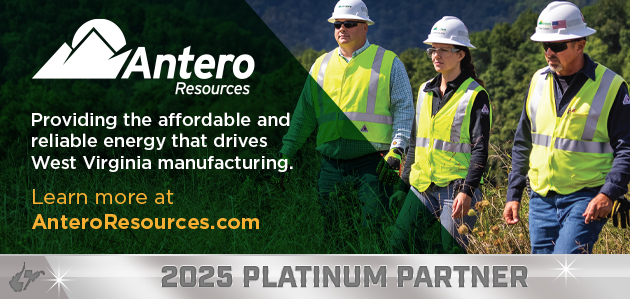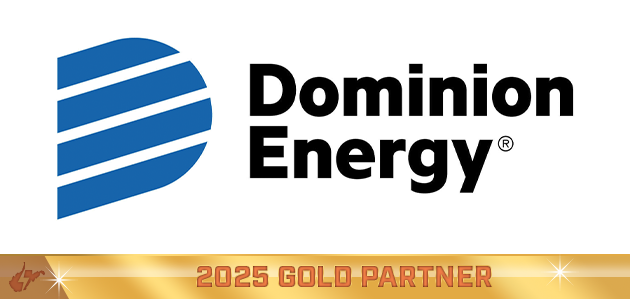
Harold Ward
- Title: Cabinet Secretary
- Company: WV Department of Environmental Protection
Harold Ward serves as Cabinet Secretary of the West Virginia Department of Environmental Protection (WVDEP), bringing over 30 years of experience in environmental regulation and reclamation. A dedicated public servant, he has played a central role in advancing the agency’s mission of environmental stewardship and operational excellence.
Ward began his career in state government in 1989 after earning a bachelor’s degree in biology from West Virginia University. He started as an Inspector-in-Training with the West Virginia Division of Natural Resources, later moving to the Division of Energy as a Surface Mining Reclamation Inspector. When the Division of Energy was incorporated into the WVDEP in 1991, Ward continued his work in the Division of Mining and Reclamation (DMR), steadily rising through the ranks—from Inspector to Inspector Specialist, Inspector Supervisor, Deputy Director in 2011, and Director in 2013.
In 2017, his role expanded to include oversight of the Division of Land Restoration, and by 2018, he was appointed Deputy Secretary of Operations. This progression of responsibilities ultimately led to his appointment as Cabinet Secretary, where his leadership has brought transformative change to the agency and the communities it serves.
Under Ward’s direction, the WVDEP has grown into a major economic catalyst for West Virginia. The agency’s annual budget increased from approximately $554 million in 2021 to over $904 million in 2024, largely driven by federal and special revenue funding—with state General Revenue accounting for just 0.85% of the budget. Despite limited state contributions, Ward has effectively leveraged federal resources to implement more than $550 million in environmental and economic development initiatives.
Key accomplishments under his leadership include:
- $100+ million through the Abandoned Mine Lands (AML) program, eliminating hazards, enhancing water access, repurposing former mine sites, and boosting tourism—benefiting over 100,000 residents.
- $365+ million through Clean Water and Drinking Water State Revolving Funds (CWSRF & DWSRF), improving infrastructure for nearly 300,000 West Virginians.
- 230+ abandoned wells plugged by the Office of Oil and Gas.
- $30 million in federal funds invested through the Dilapidated Properties Program, demolishing nearly 1,000 abandoned structures.
- 1,400+ acres restored for safe reuse through the Voluntary Remediation Program.
These efforts have reduced environmental and public health risks while laying a strong foundation for sustainable economic growth across the state.







